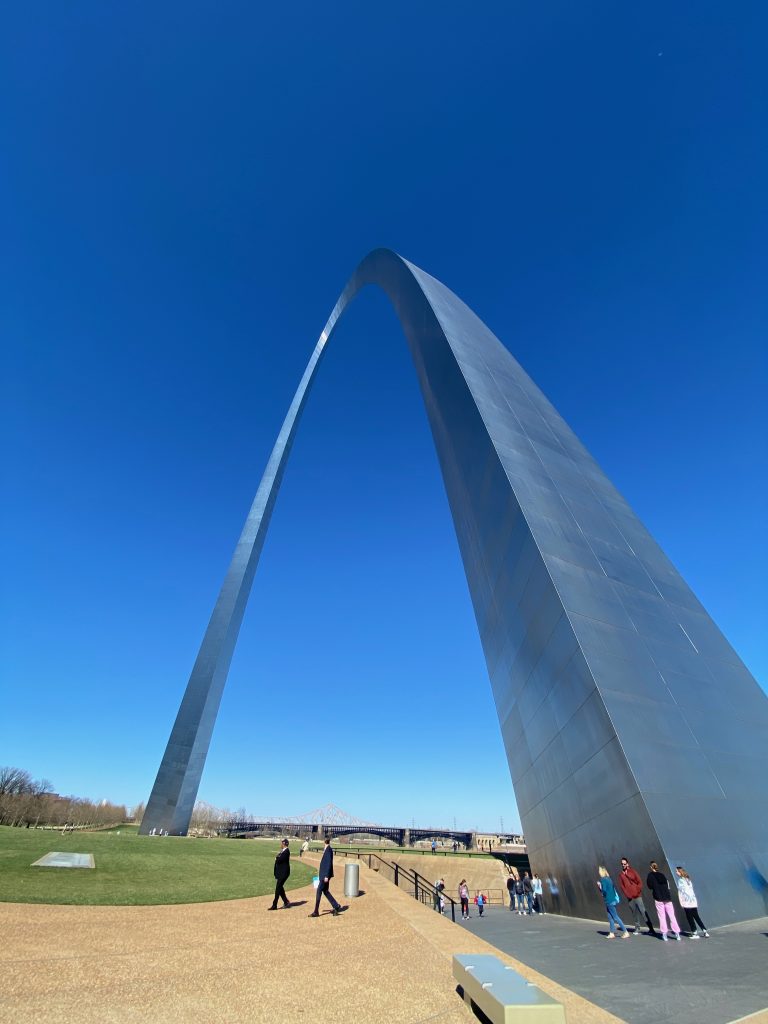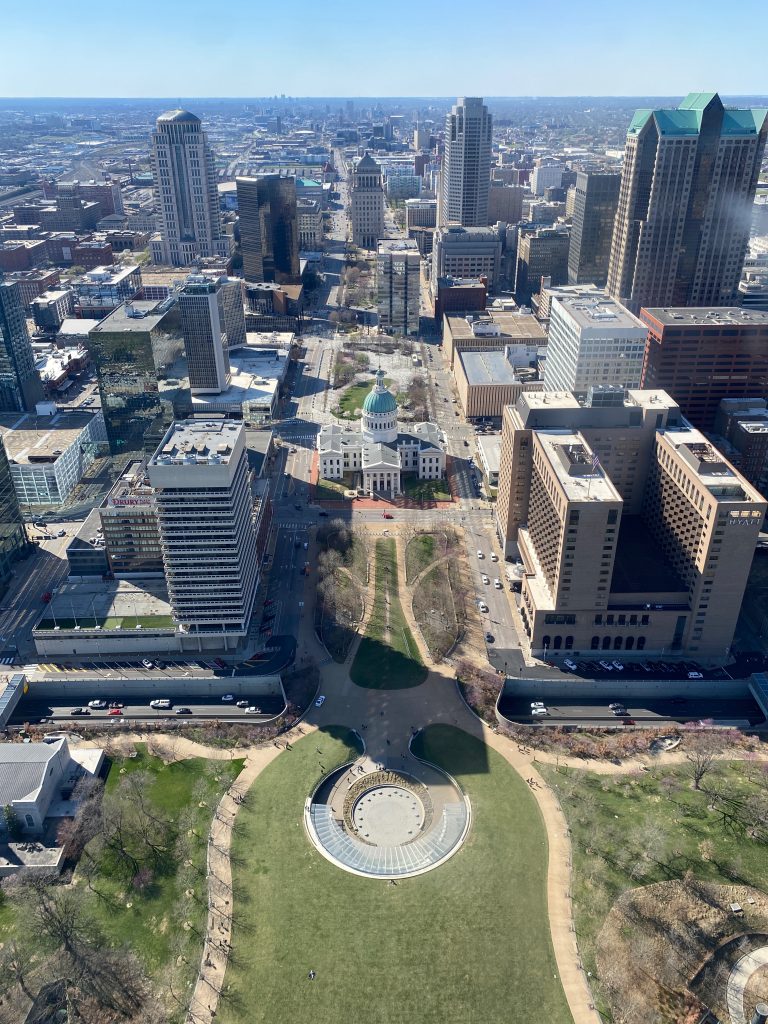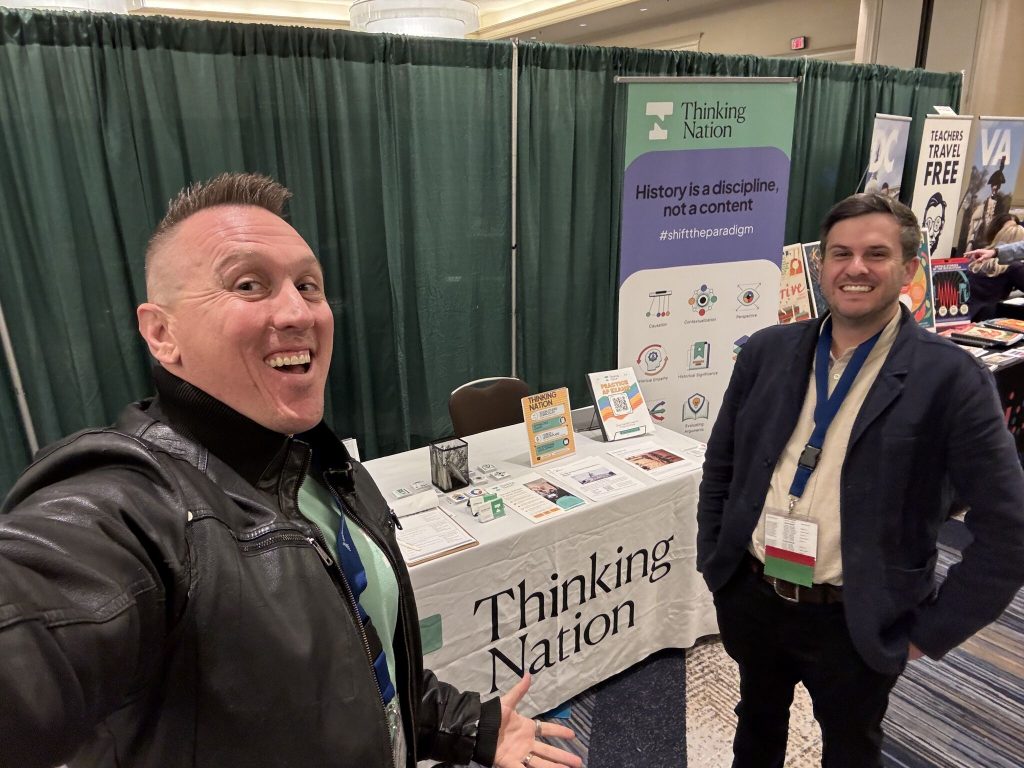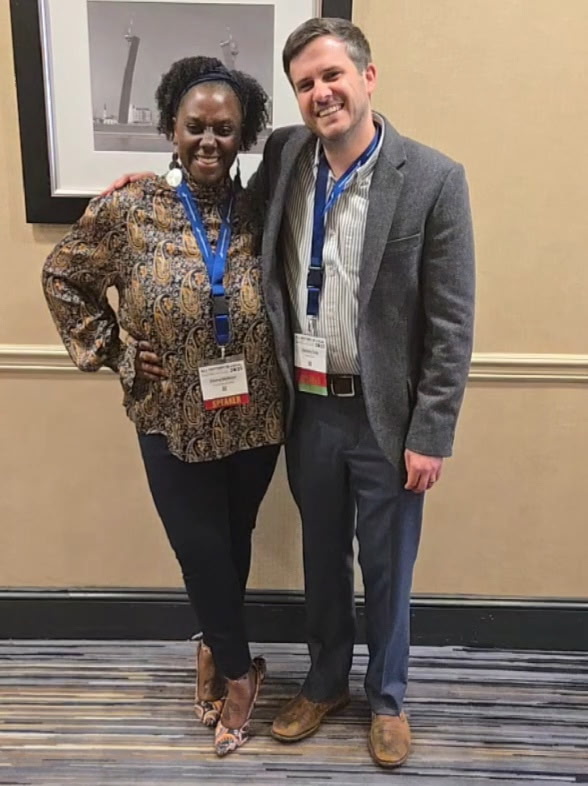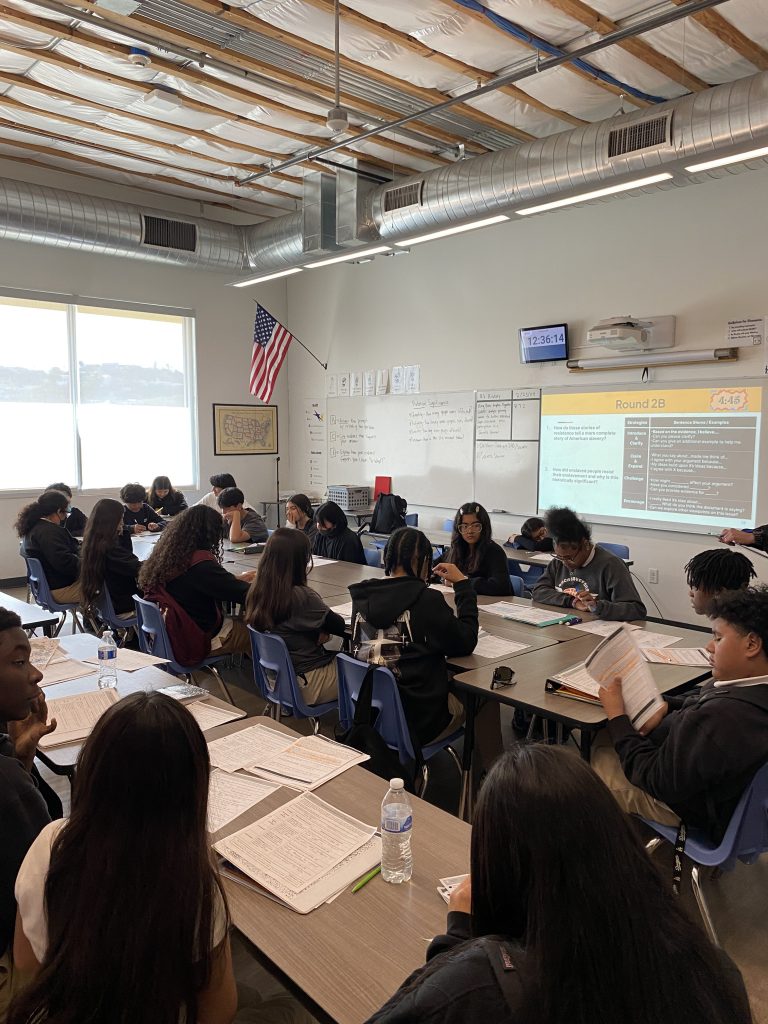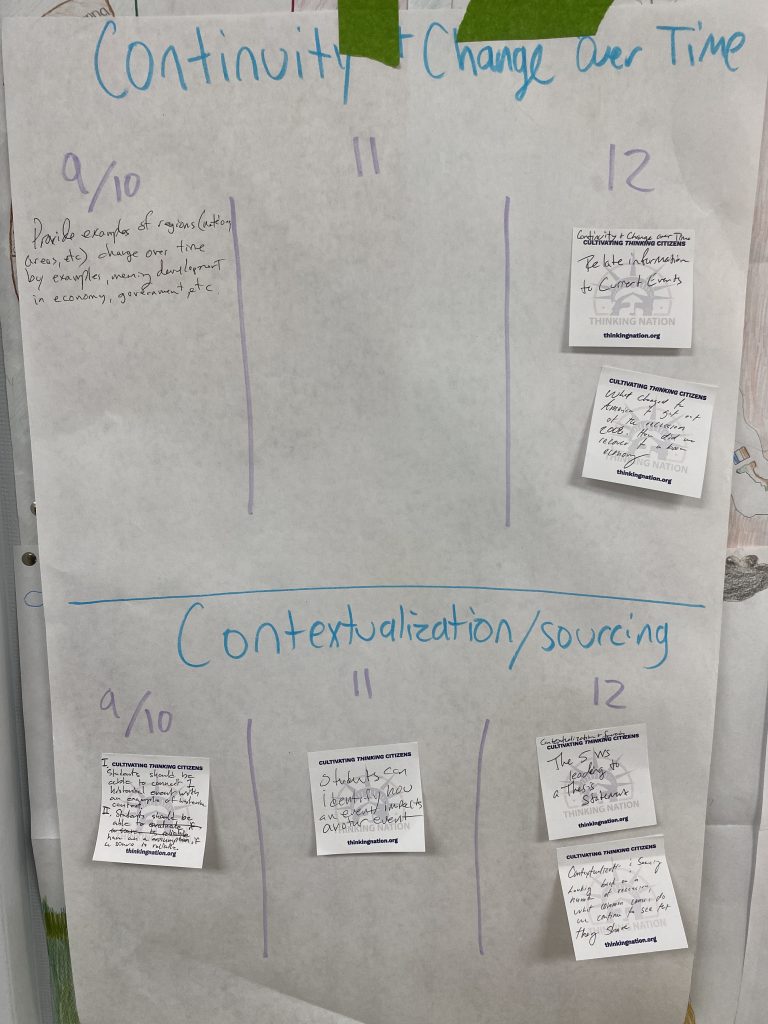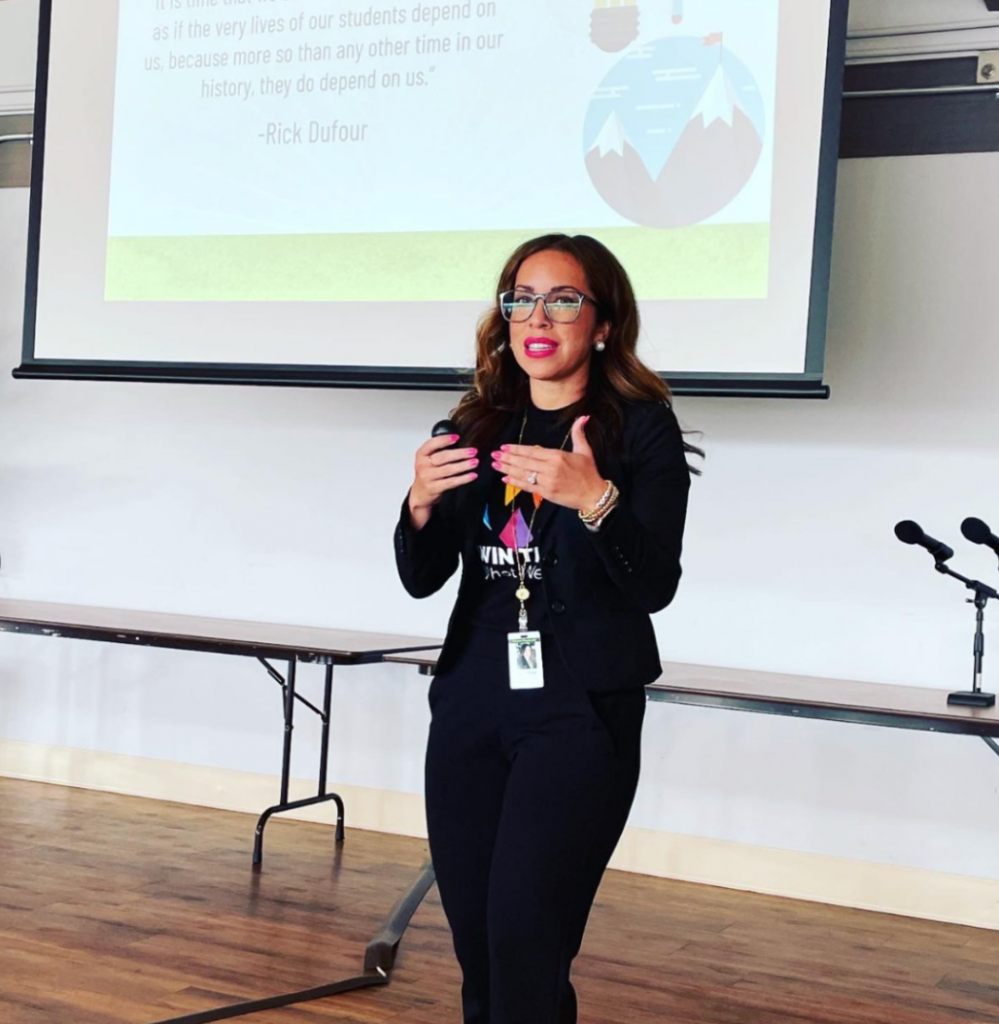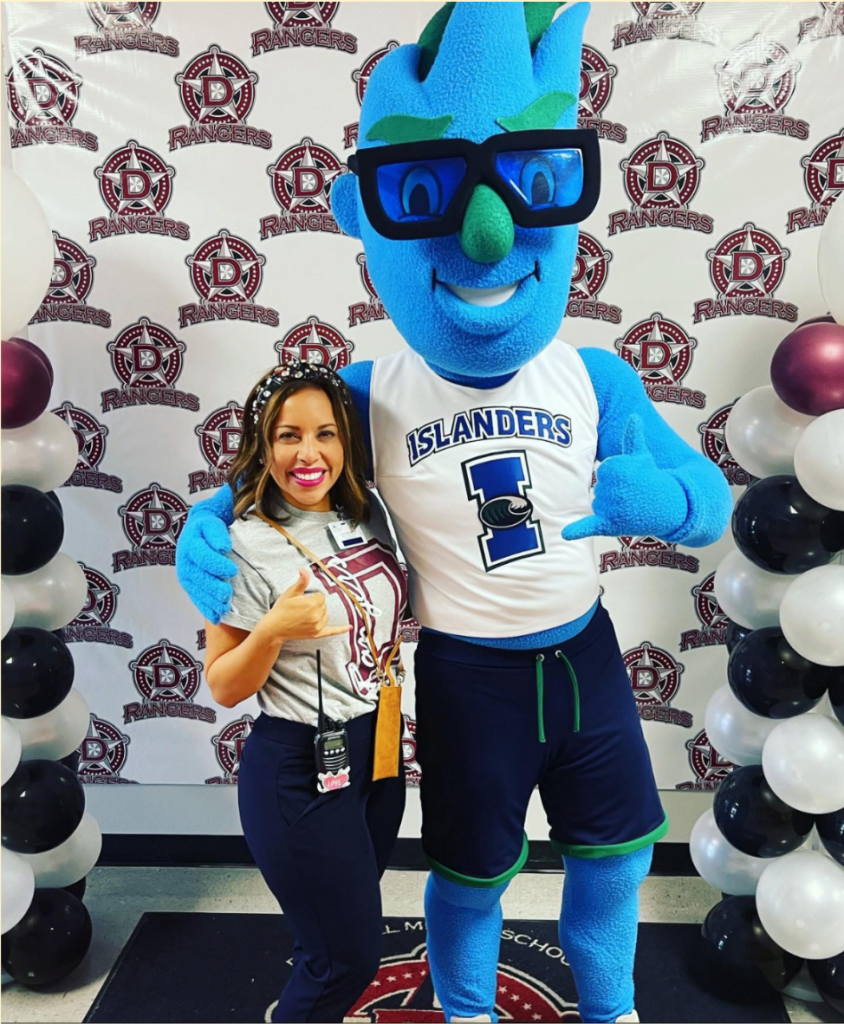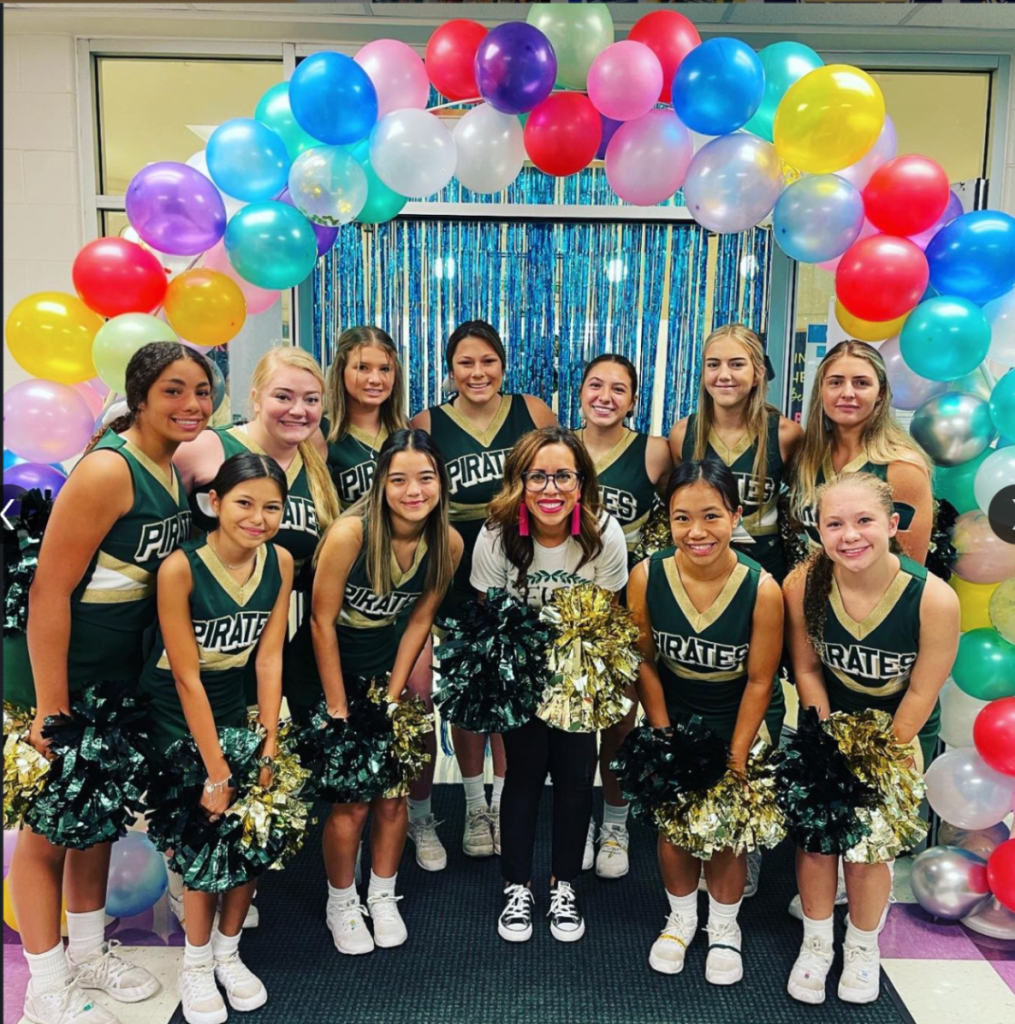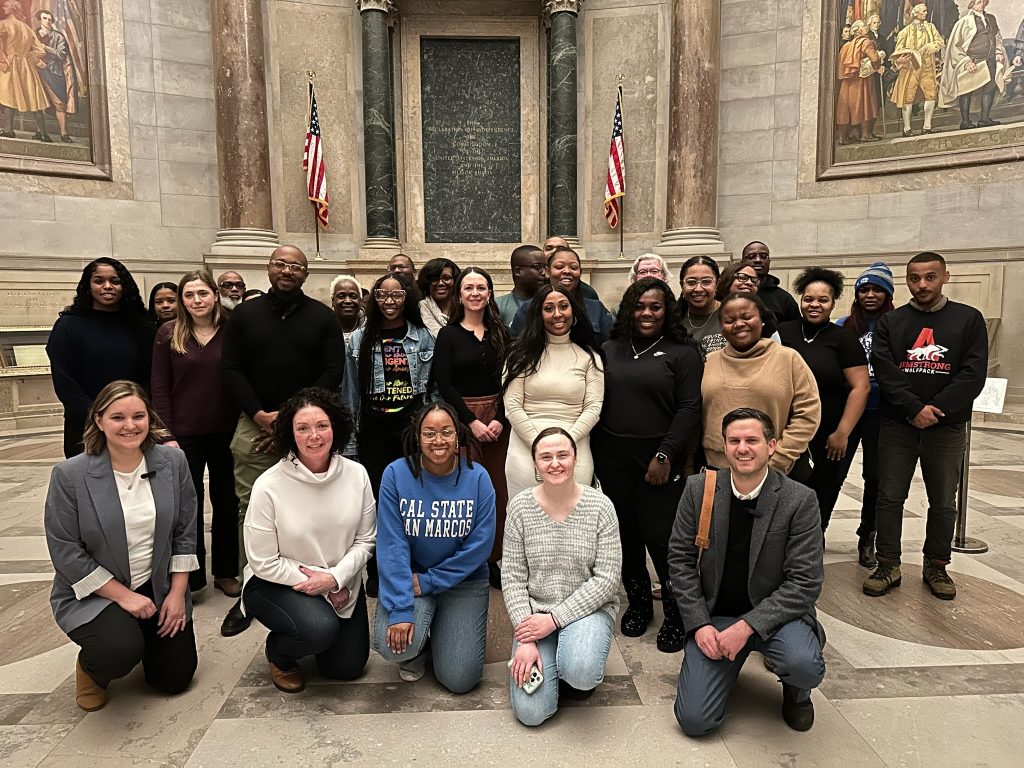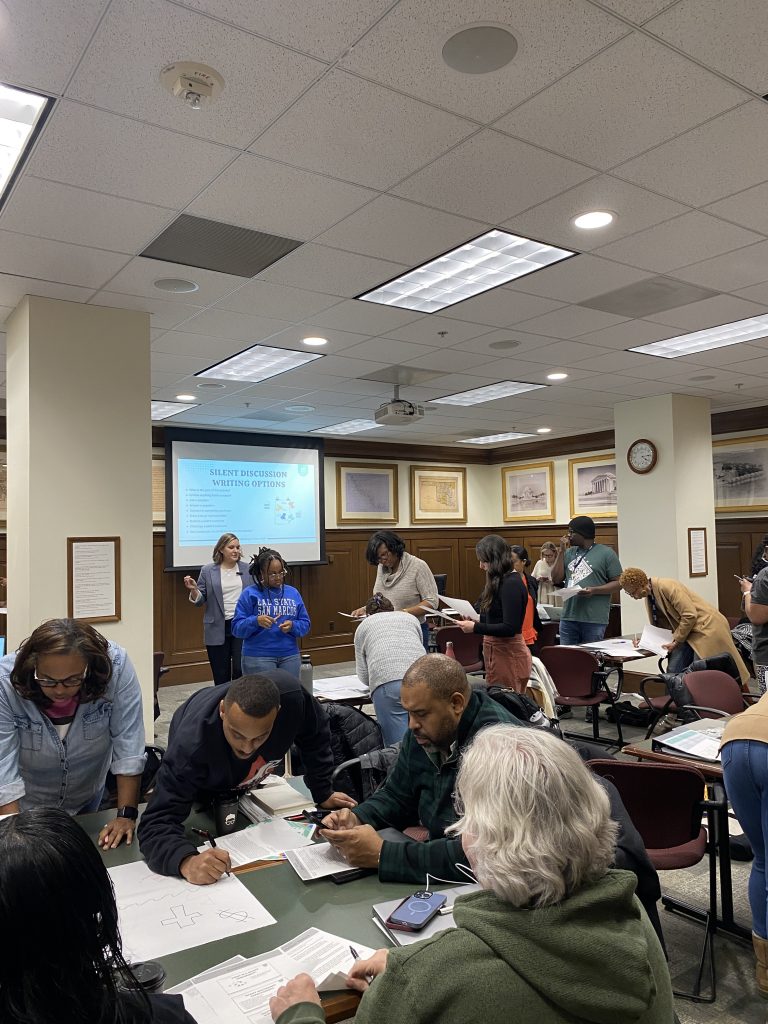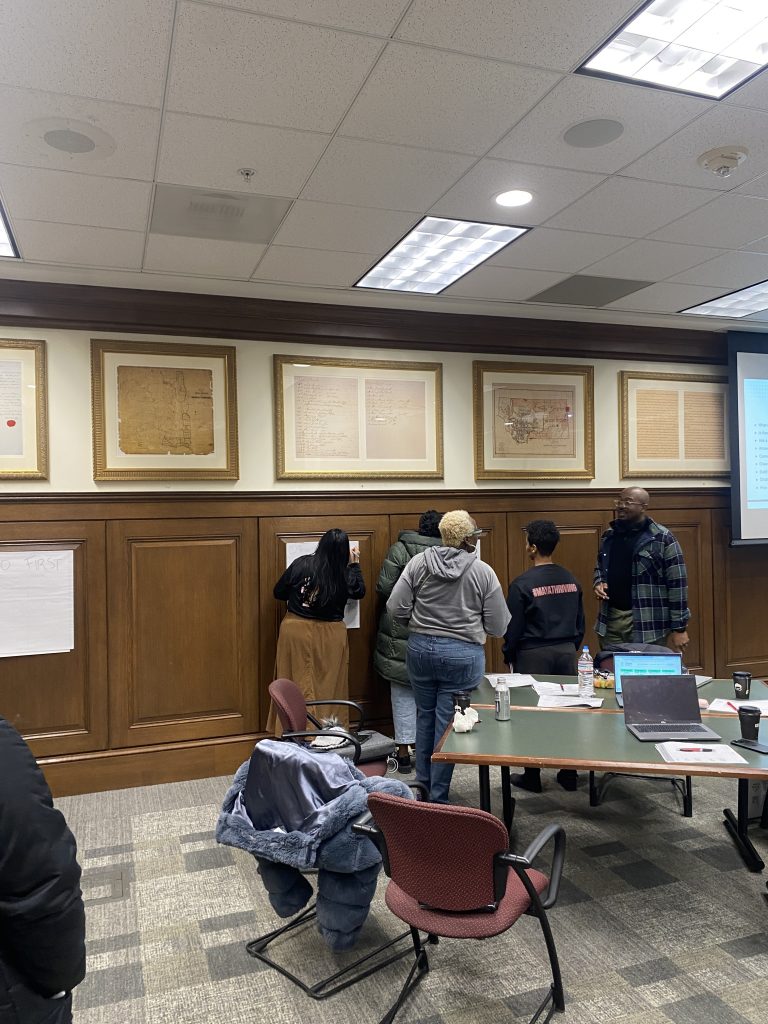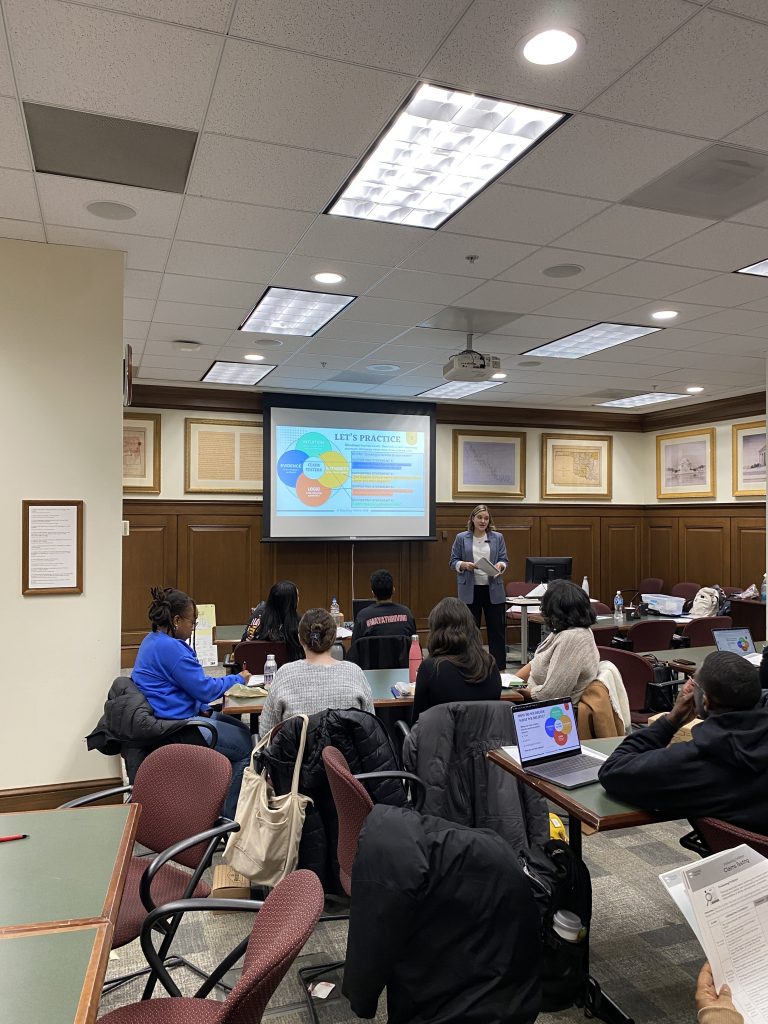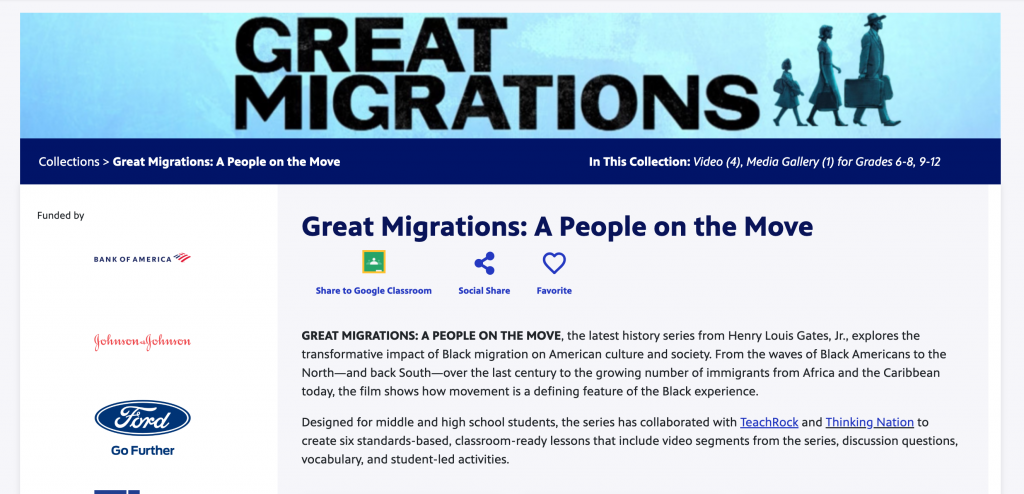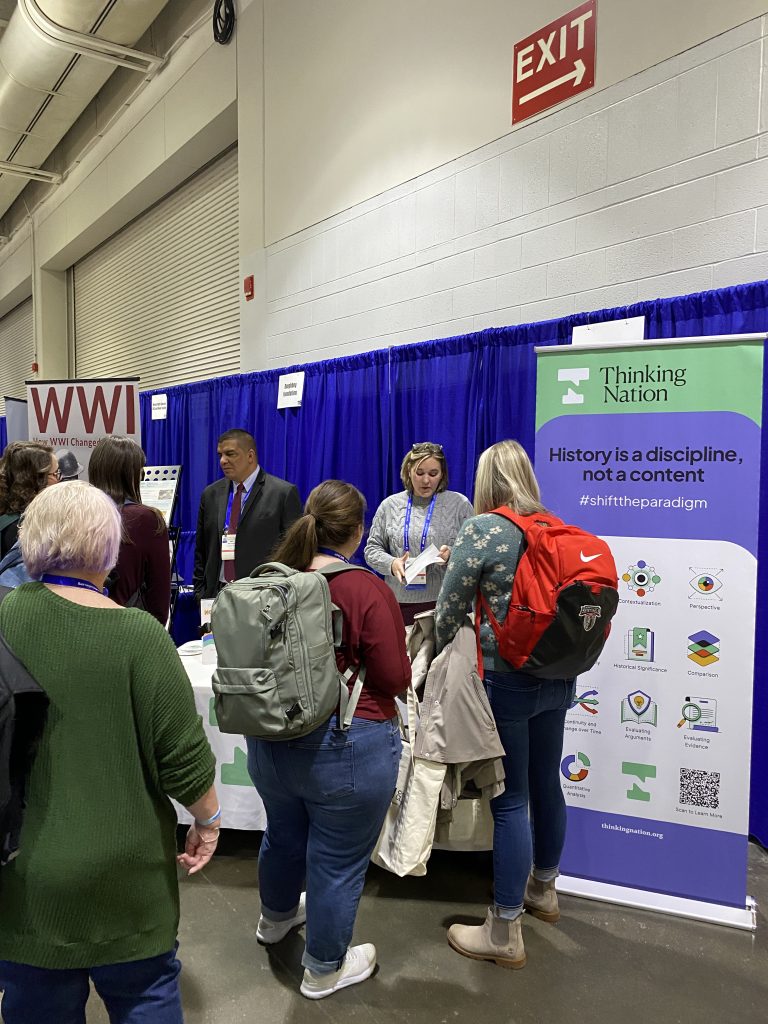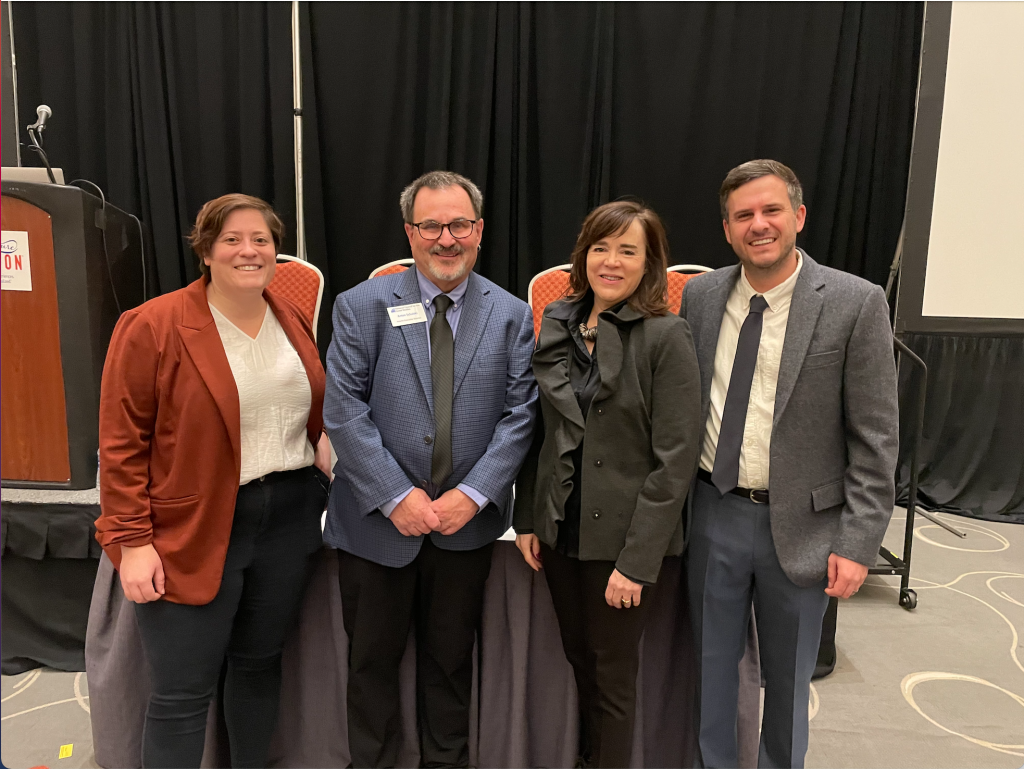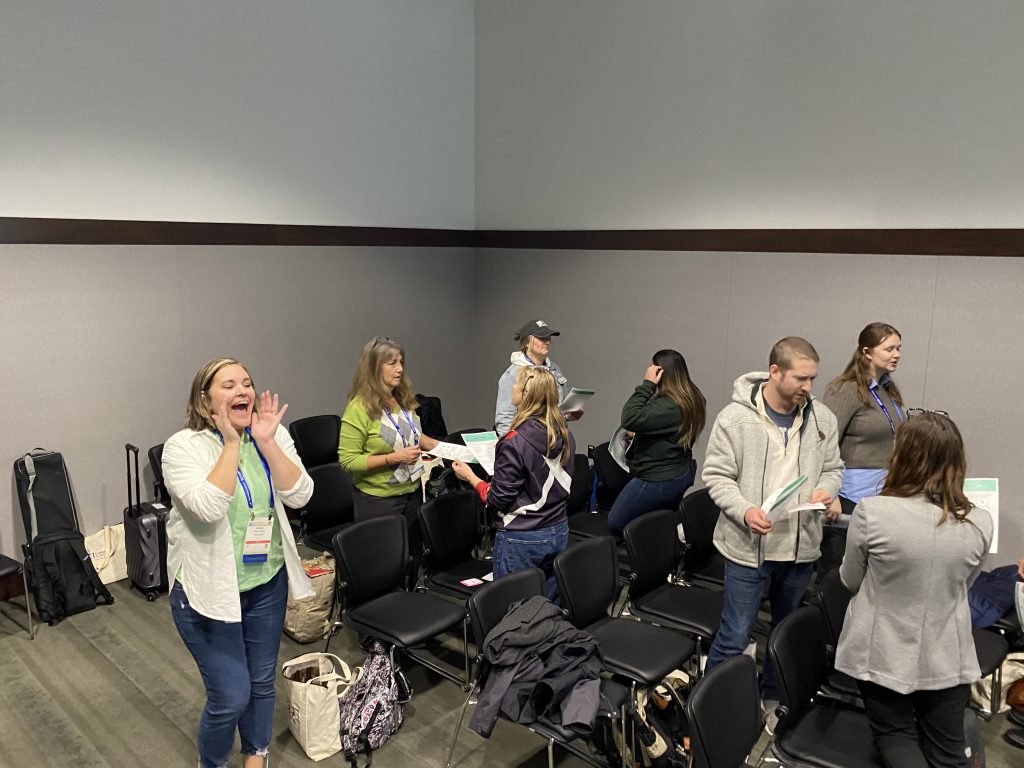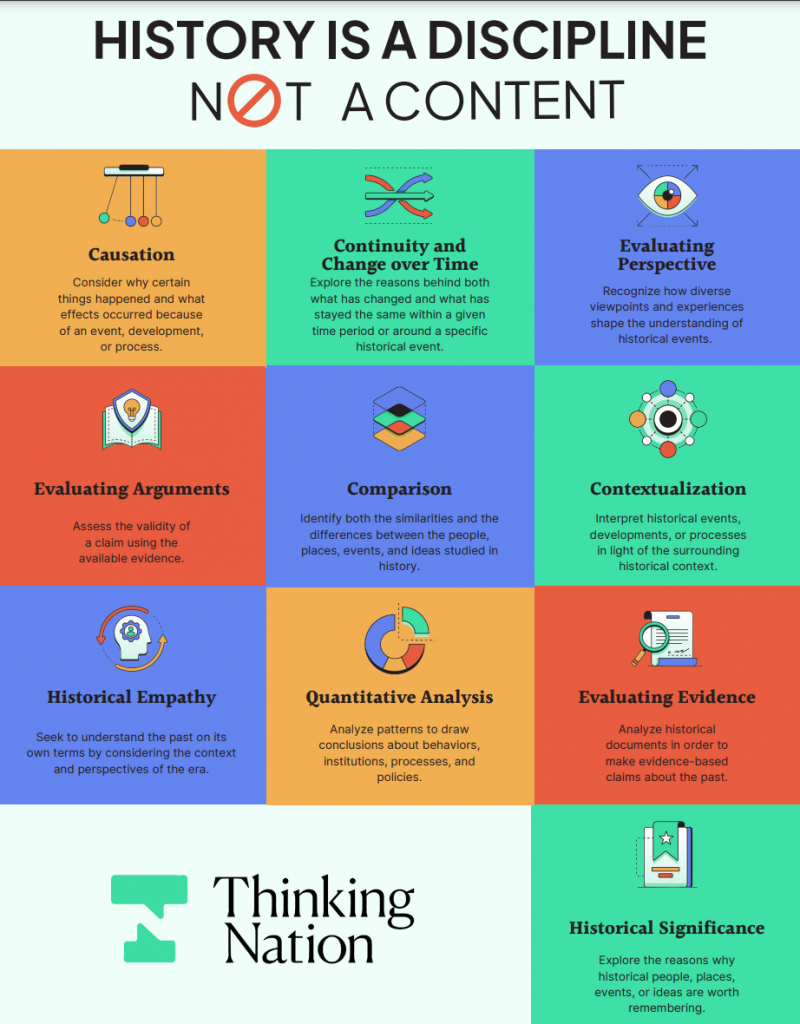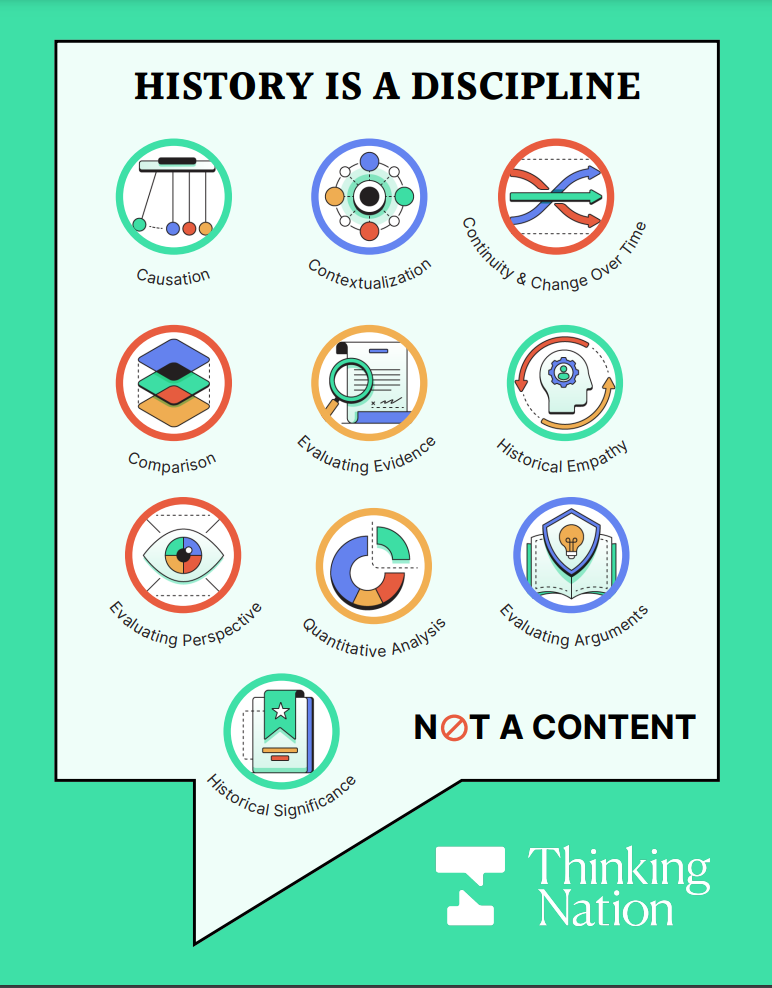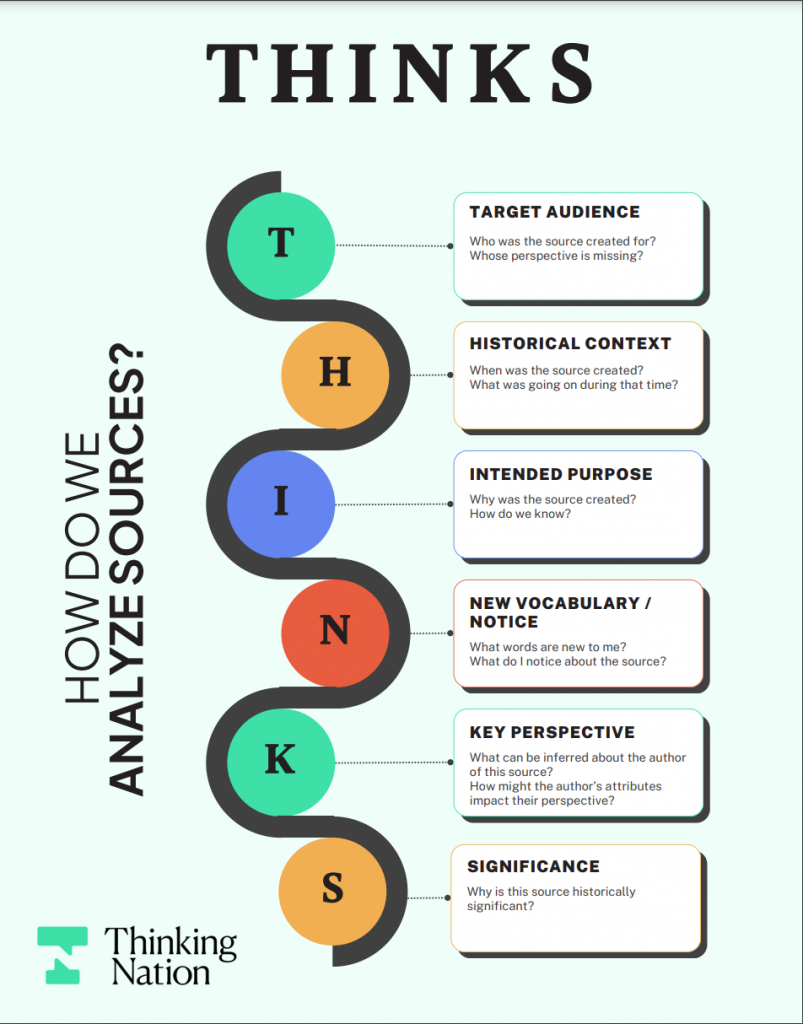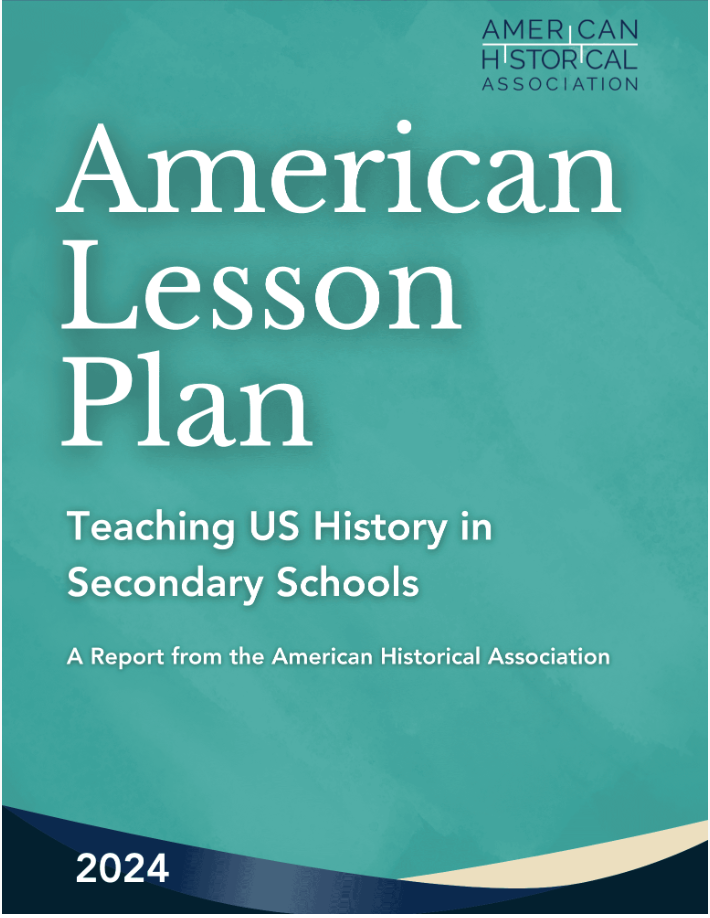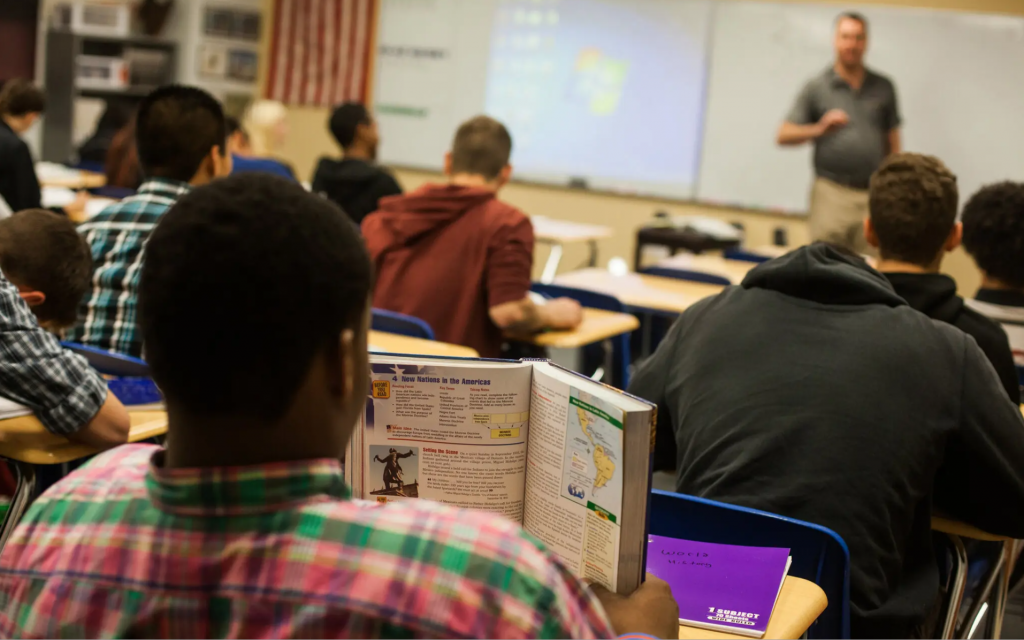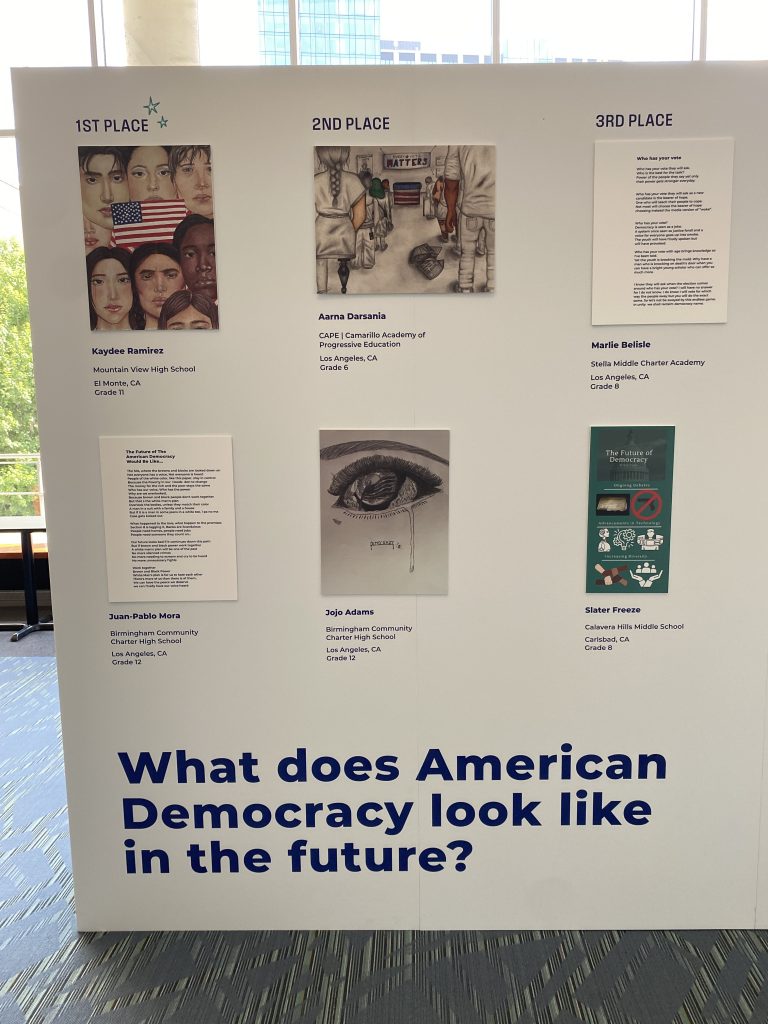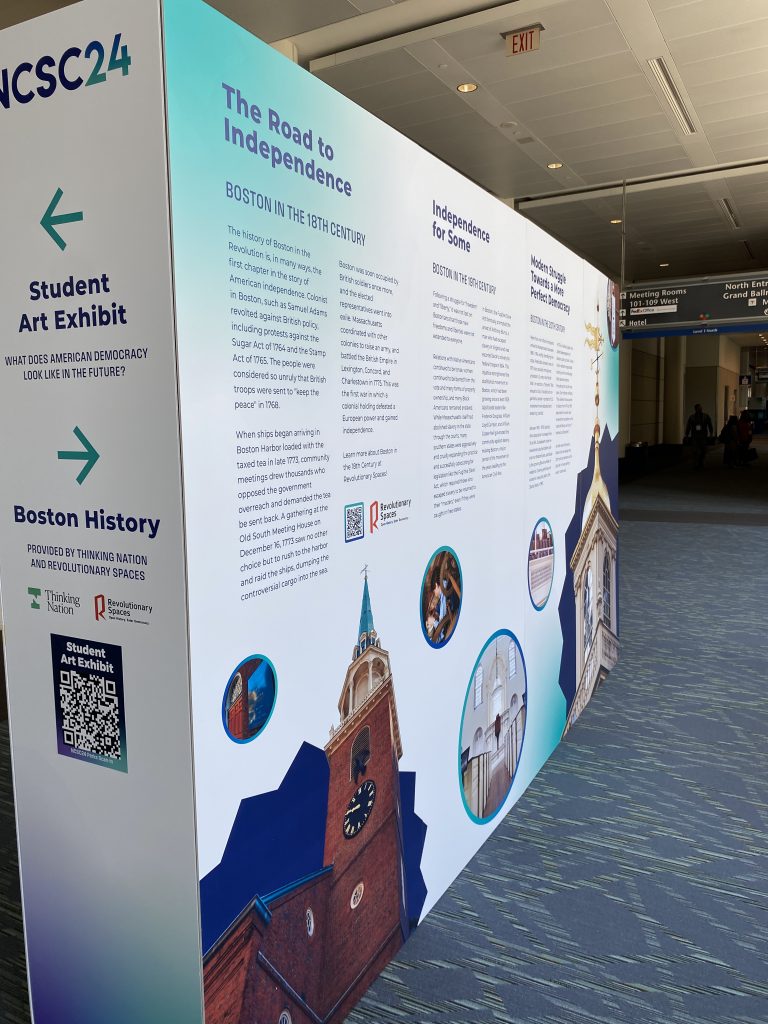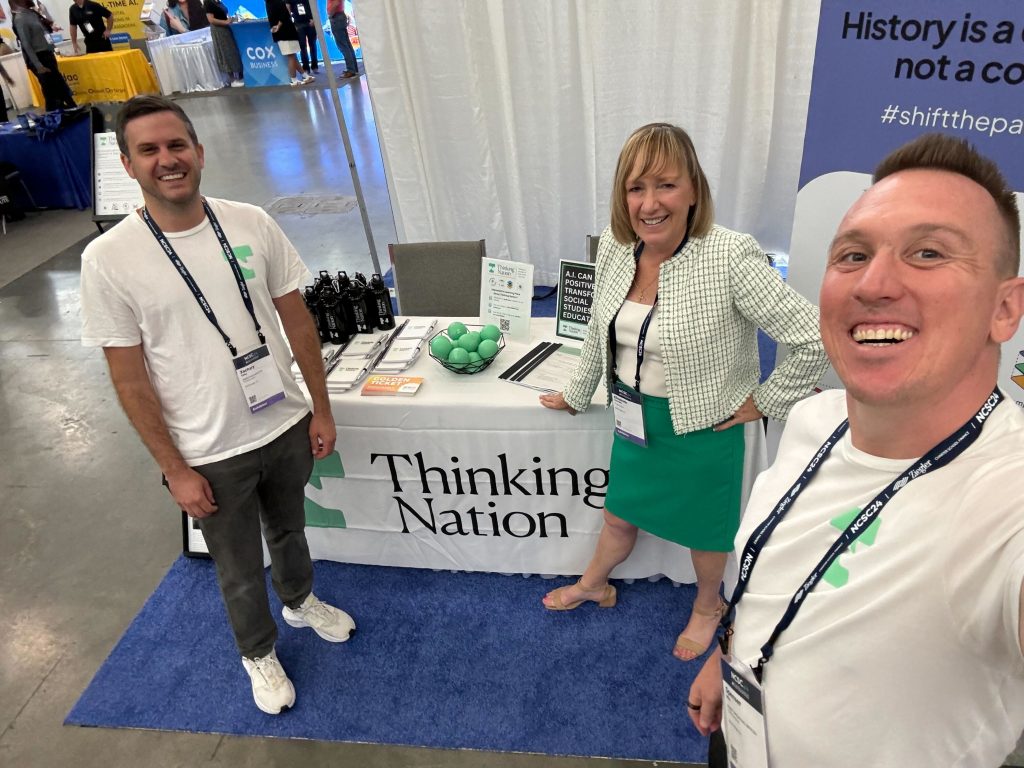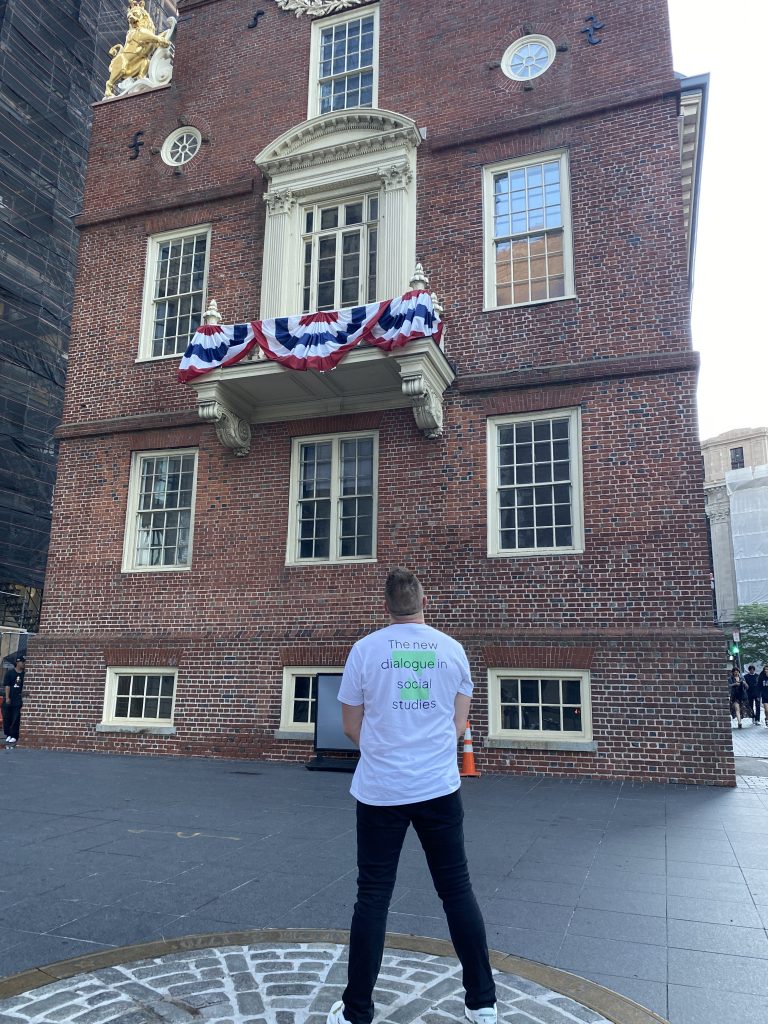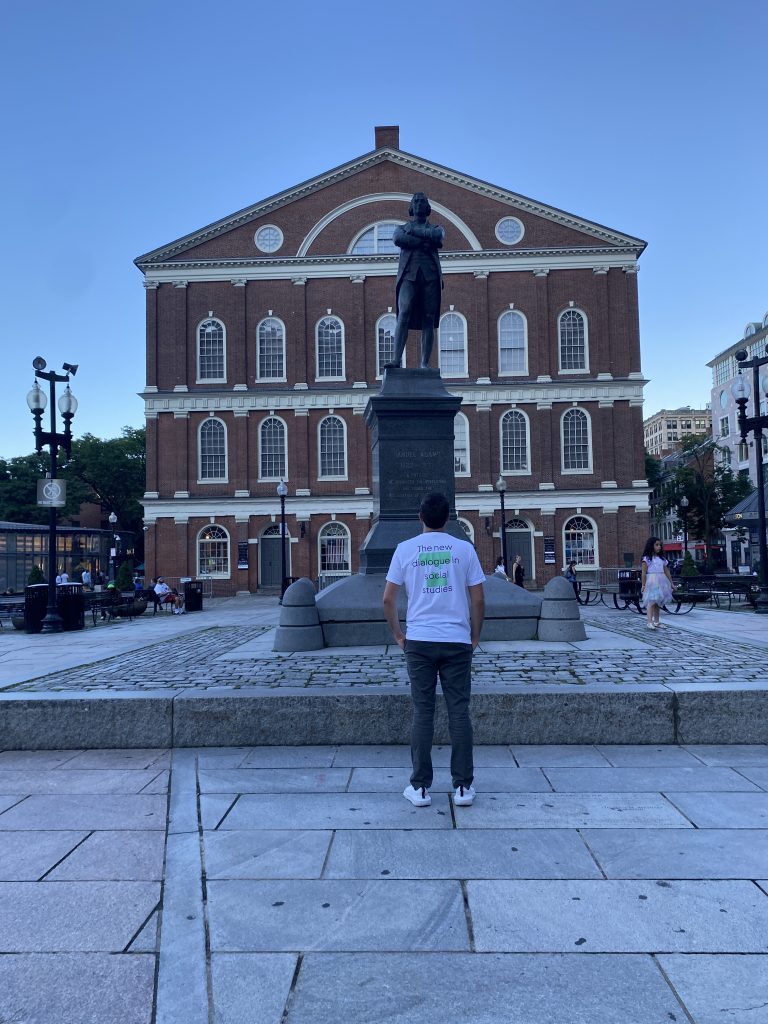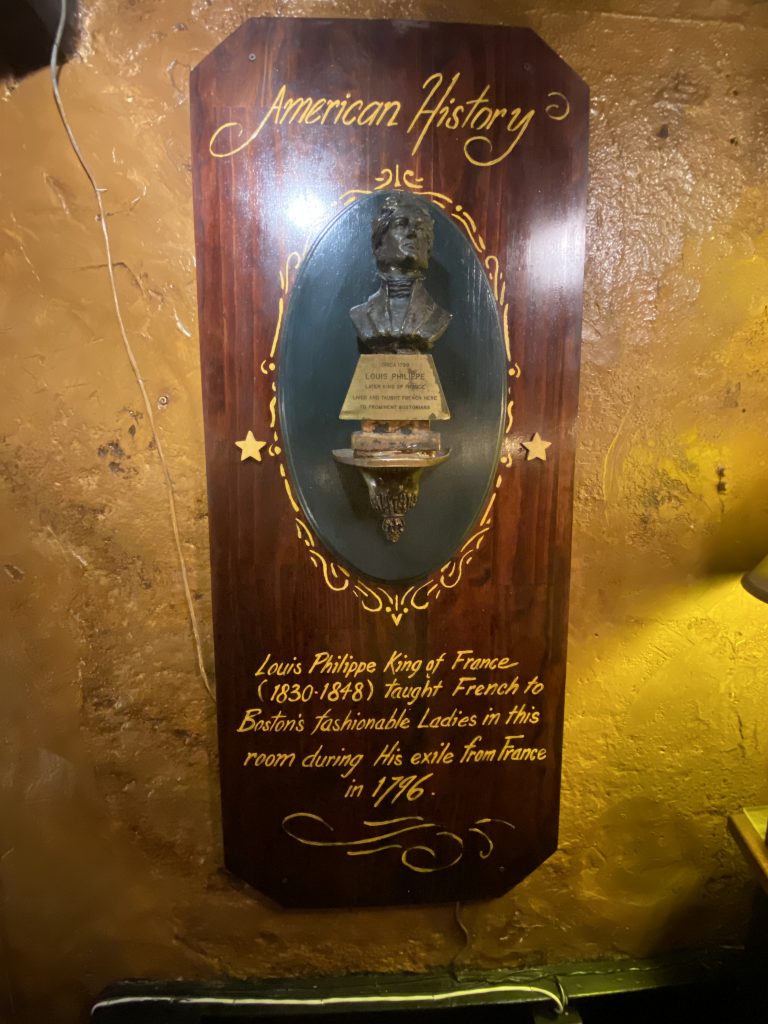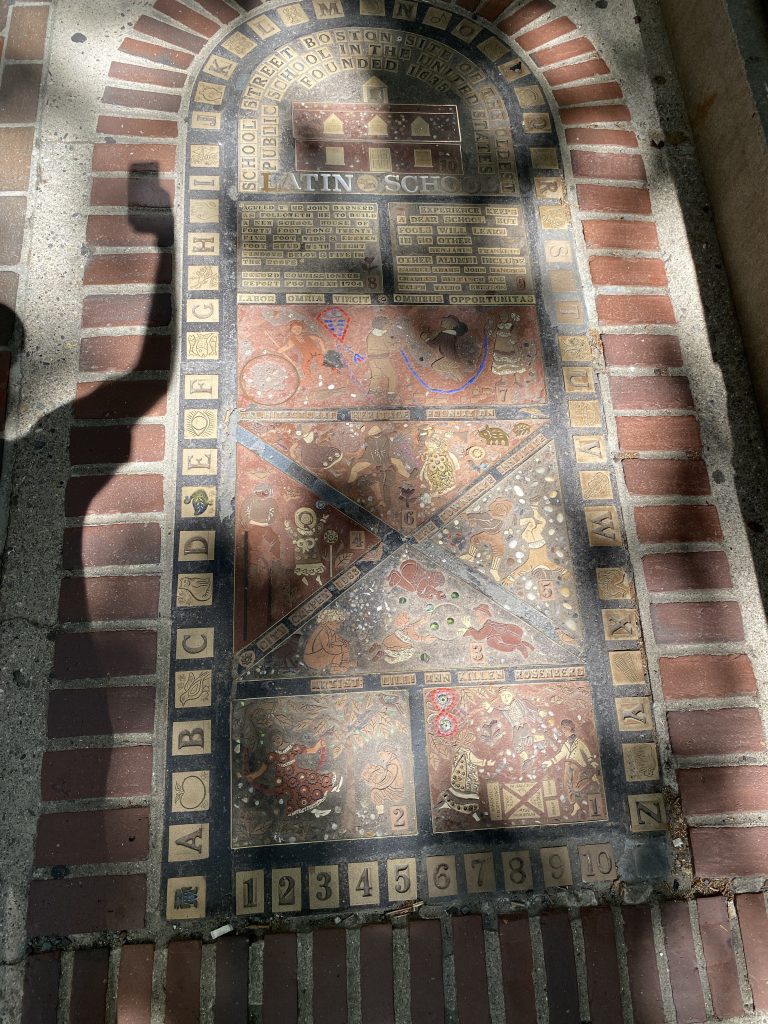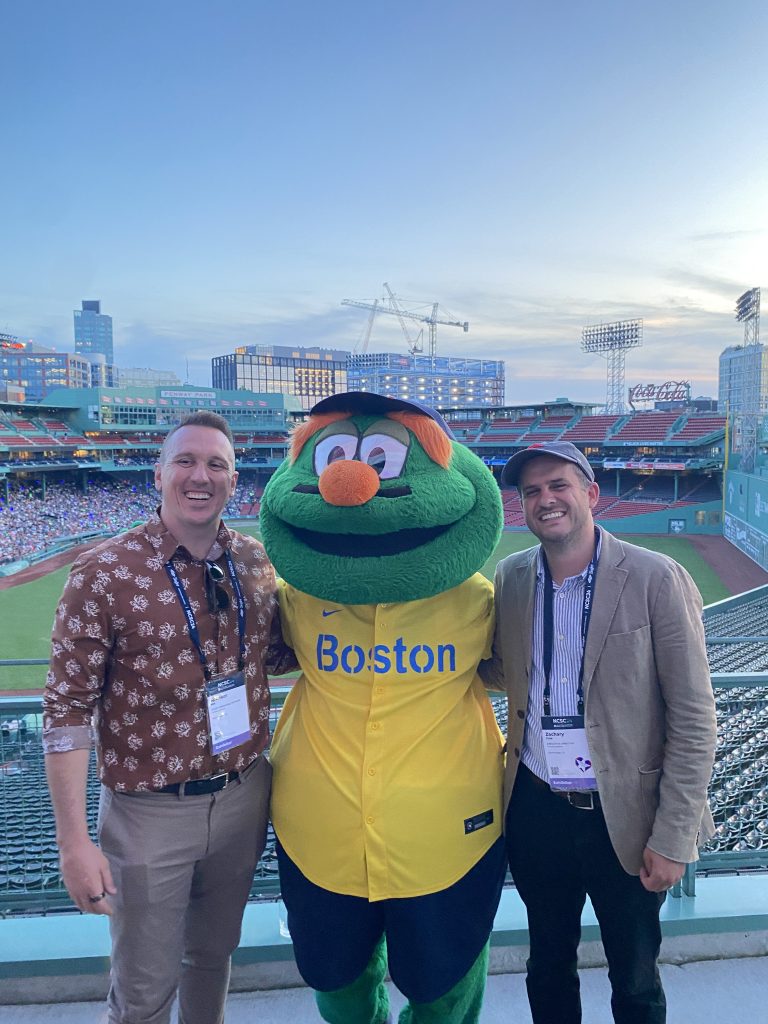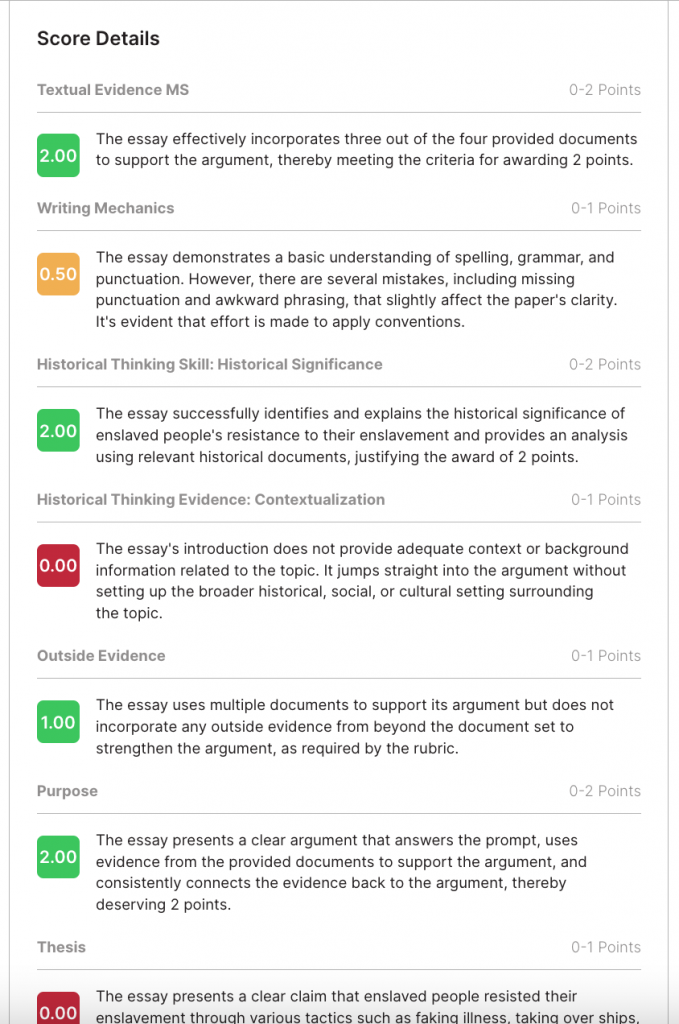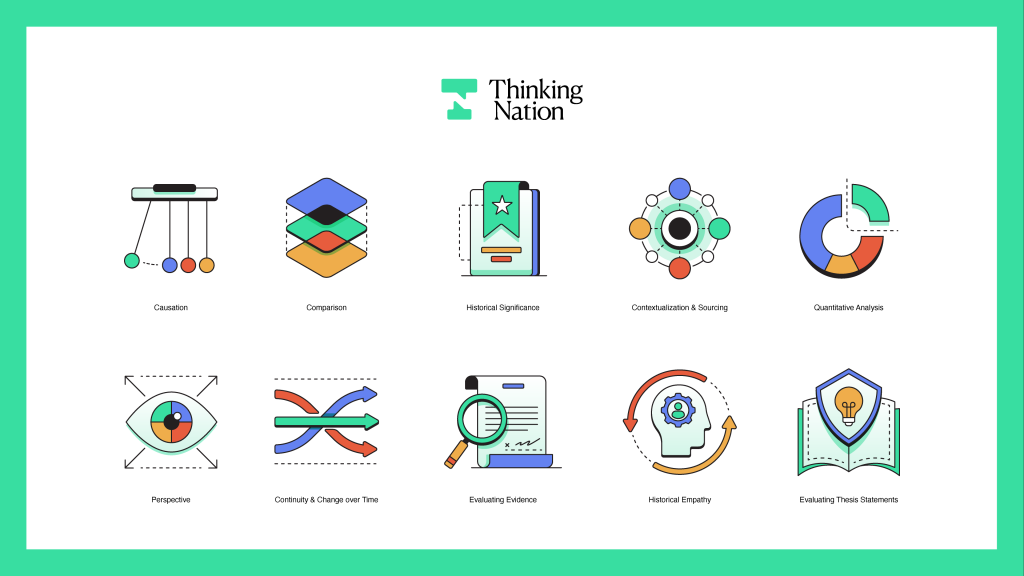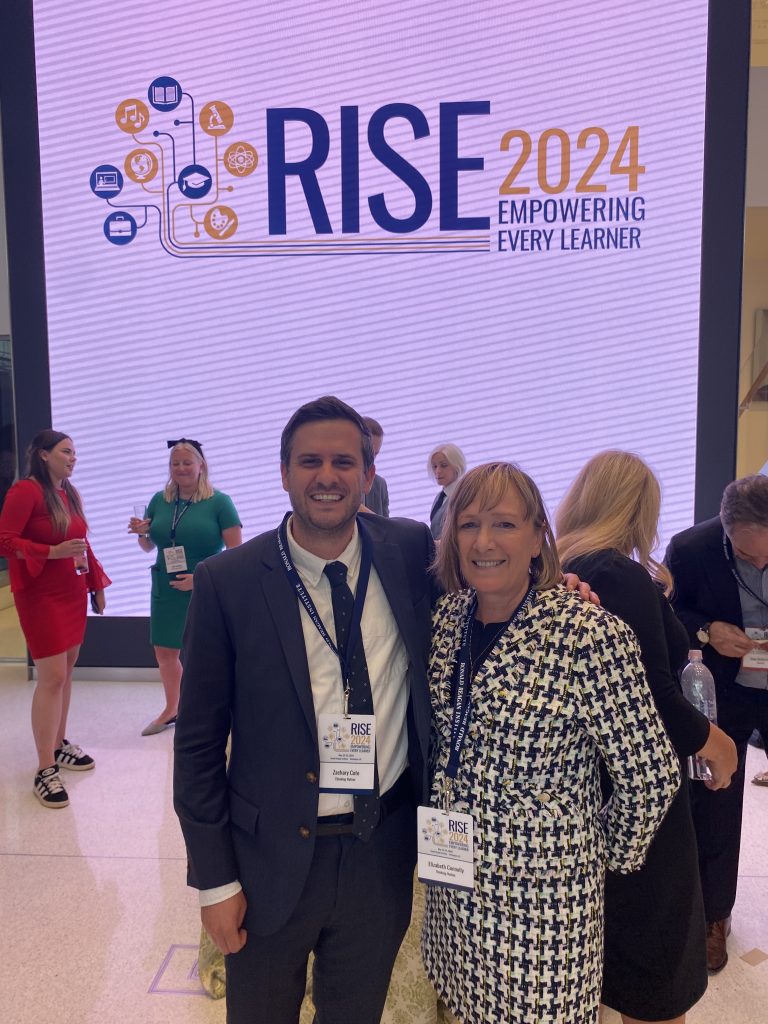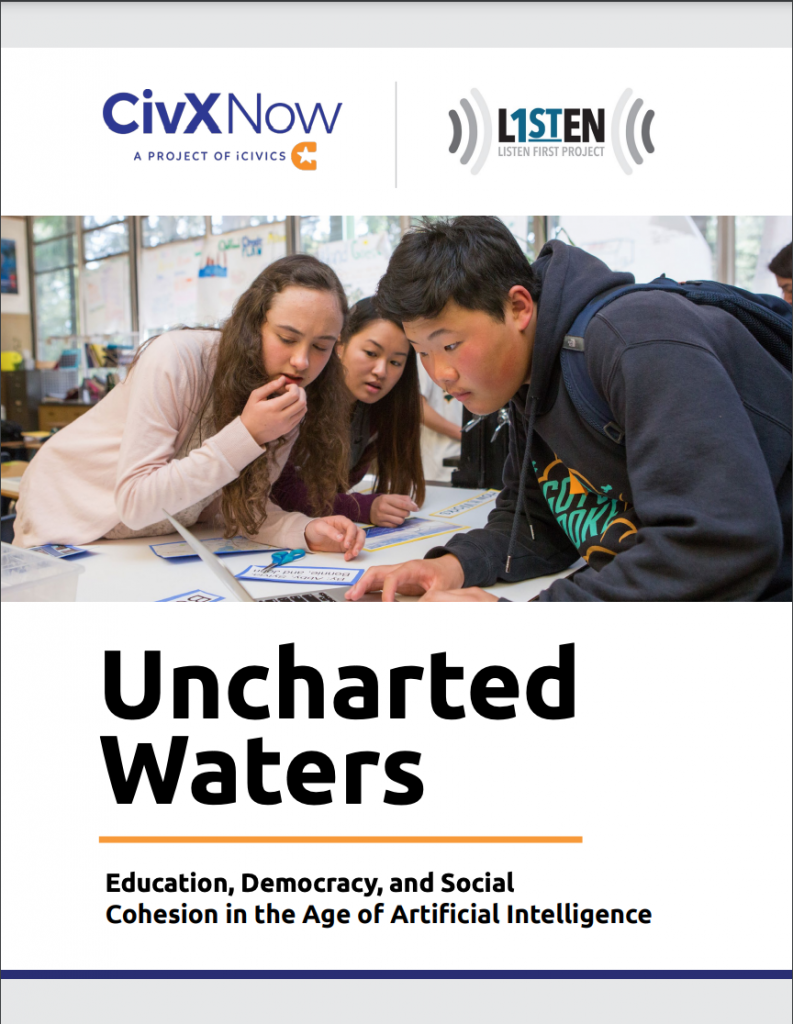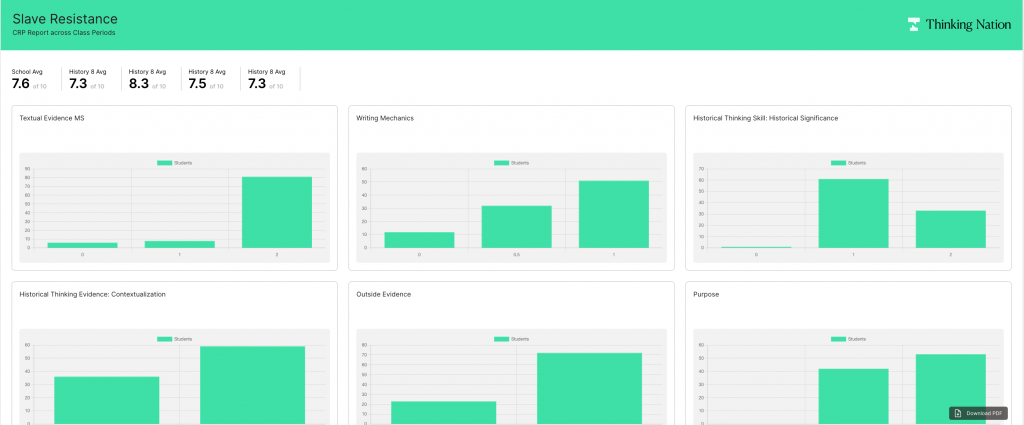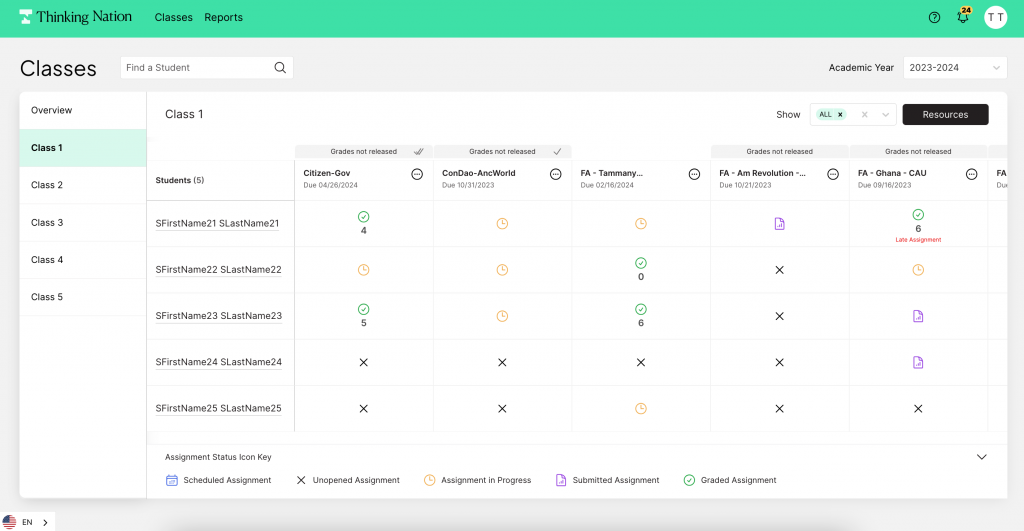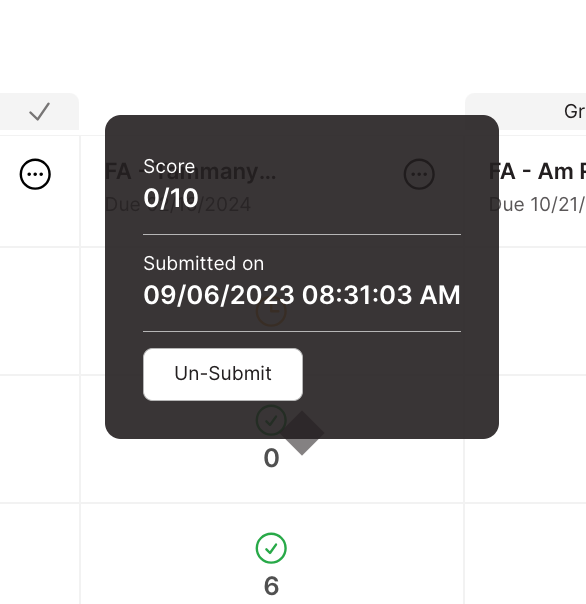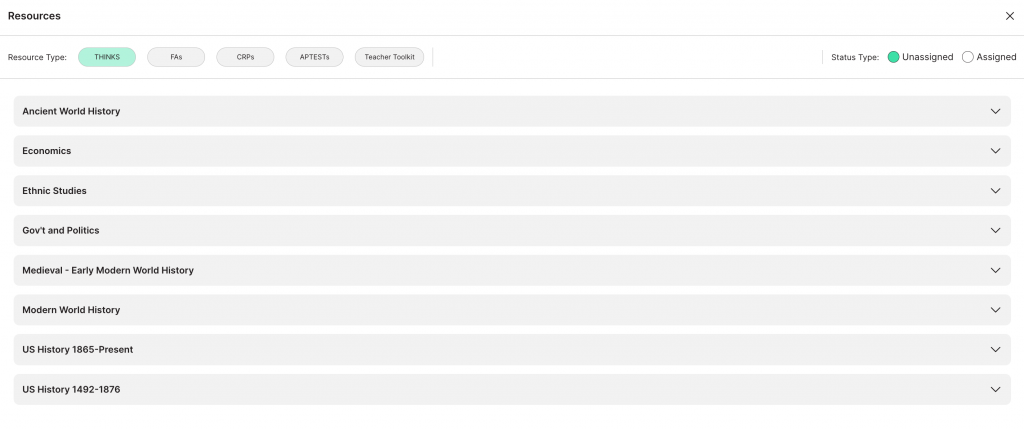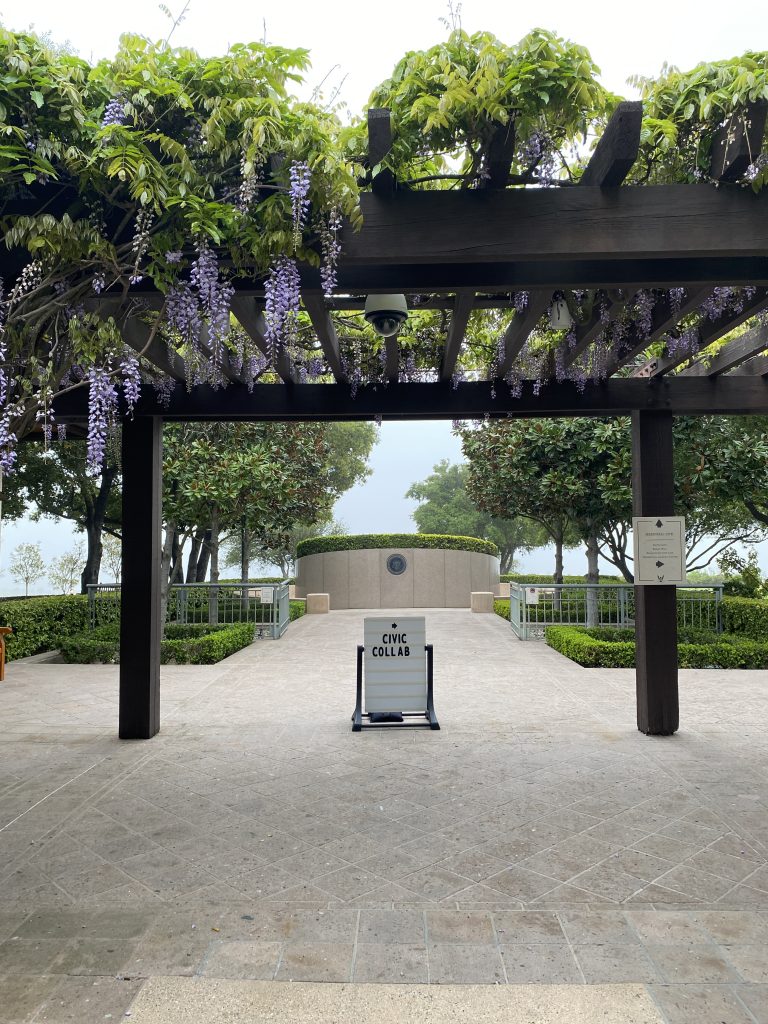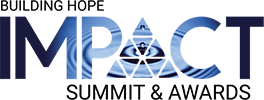Sessions Will Explore Civic Learning, Literacy, AI and Innovative Approaches to Social Studies Education
NORTHRIDGE, CA (Feb. 18, 2025) – Thinking Nation, a national 501(c)(3) committed to empowering students to thrive as engaged and critical thinkers for the future of democracy, is excited to announce its participation in four major education conferences taking place across the nation between February and March 2025.
“February and March are such exciting months for us at Thinking Nation as we get to make our way across the country to collaborate and learn from social studies educators in a diversity of contexts,” said Zachary Coté, Executive Director, Thinking Nation. “We are humbled to be able to share the things that inspire us in our sessions and we are eager to learn from so many people who care about the future of social studies education.”
During the four conferences, Mr. Coté and Director of Curriculum Annie Jenson will lead sessions that focus on civic learning, literacy, AI, and innovative approaches to teaching social studies. Session details follow:
Minnesota Council for the Social Studies Annual Conference, St. Cloud, MN
Session Title: “Harnessing Storytelling: The Essential Role of Social Studies Teachers in the MN READ Act”
Saturday, Feb. 22, 2025 | 3:00 – 3:50 p.m.
Ms. Jenson will discuss how high school educators can integrate storytelling—a practice long embraced by Indigenous traditions— into the classroom to create more inclusive, inquiry-driven learning experiences that spark curiosity, build literacy skills, increase engagement, and encourage meaningful connections to history. This session will provide practical strategies for selecting and implementing historical fiction in ways that cultivate empathy, promote critical thinking, and bring the past to life in today’s classrooms.
Middle States for the Social Studies Annual Conference, Lancaster, PA
Session Title: “From History to Humanity: Fostering Historical Empathy Through Perspective Taking”
Day, Feb. 28, 2025 | 9:25 – 10:10 a.m.
Ms. Jenson will lead two sessions at the conference. On Friday, February 28, 2025, she will provide high school educators with concrete strategies to integrate historical empathy into the classroom, helping students move beyond presentism to see the humanity within history. Revealing how complex individuals have contributed to history, a nuanced view of America’s past emerges with a greater appreciation for its ongoing diversity. Through hands-on activities, interactive discussions, and collaborative brainstorming, participants will explore how complex individuals have shaped history and gain practical tools—such as graphic organizers and formative assessments—to integrate perspective-taking into their teaching. Attendees will leave with actionable strategies to create more nuanced, inclusive, and engaging history lessons.
Session Title: “Walking in Their Shoes: The Role of Historical Fiction in Building Empathy and Engagement”
Day, March 1, 2025 | 2:40 – 3:25 p.m.
Ms. Jenson’s Saturday, March 1, 2025, session will explore the power of storytelling in the classroom and how historical fiction can bring diverse voices to life for students. Through hands-on activities, interactive discussions, and collaborative brainstorming, participants will engage with practical resources—such as graphic organizers and lesson planning templates—to develop tailored strategies for integrating historical fiction into their curricula. Attendees will leave with concrete ideas to enhance student engagement, foster perspective-taking, and deepen historical understanding.
California Council for the Social Studies Annual Conference, Burlingame, CA
Session Title: “AI Can’t Replace Historical Thinking, But It Can Help Us Teach It”
Friday, March 7, 2025 | 11:20 a.m. – 12:20 p.m.
Mr. Coté has been selected to lead two sessions at the conference. On Friday, March 7, 2025, he will lead an interactive session on the paradox of AI in history education—while AI offers efficiency, it provides little incentive for students to think historically. Educators will explore strategies to empower students as critical thinkers in the age of AI, engage in an AI-graded assessment on historical analysis, and discuss how to integrate AI responsibly in the classroom. Attendees will leave with practical insights and free resources to enhance historical thinking while maintaining civic responsibility in their teaching.
Session Title: “Does History Really Repeat Itself? Helping Students Understand Change Over Time”
Saturday, March 8, 2025 | 2:40 – 3:40 p.m.
In his second session, Mr. Coté is joined by Carly Donick, an educator from the Ventura Unified School District in Ventura, CA, and the recipient of both the California Council for Social Studies and National Council for Social Studies Middle School Teacher of the Year awards. They will help participants explore continuity and change over time as more than just academic tools. This session will propose that continuity and change over time are dispositions that cultivate literacy growth in academics and empathy in students’ social-emotional growth. Participants will engage with easy-to-use tools that foster the historical thinking skill of continuity and change over time that can provide meaning to how we interact with historical narratives in the classroom.
National Council for History Education Annual Conference, St. Louis, MO
Session Title: “Building Bridges between K-12 and Museum Institutions Strengthens Learning”
Saturday, March 22, 2025 | 2:00 – 3:00 p.m.
Mr. Coté will be joined by Ebony McKiver of Social Studies Accelerator in a collaborative discussion on strengthening the connection between K-12 classrooms and museum institutions. Too often, teachers underutilize museum collections and expertise, while museums create lessons that rarely reach students. This session explores a Washington, DC-based case study demonstrating how intentional collaboration can bridge this gap, aligning historical standards with local resources. Participants will engage with practical strategies to integrate museum expertise into their curriculum, making history more accessible and relevant. By fostering stronger partnerships, this session aims to enhance historical inquiry and model a more cohesive approach to public education.
In addition to speaking at two education conferences this quarter, Mr. Coté will attend the Civic Learning Week National Forum held at Stanford University on March 13, 2025.
For more information on Thinking Nation’s innovative approach to fostering historical thinking in social studies education, visit thinkingnation.org. Educators can explore Thinking Nation’s Best Practices Repository for valuable resources and strategies. To contribute financially to the organization’s work to transform social studies classrooms across the country, go to thinkingnation.org/donate.
***
About Thinking Nation
Thinking Nation is a national 501(c)(3) committed to empowering students to thrive as engaged and critical thinkers by supporting teachers with meaningful curricula, training, and technology to transform social studies education for the future of democracy. We believe that education is our greatest equalizer, and that every student, regardless of zip code or socio-economic background, deserves access to learning practices that reflect the diversity of identities, histories, contributions, and experiences to support enriched educational opportunity, equity, and success for all. Thinking Nation currently serves more than 35,000 students in 16 states and the District of Columbia. For more information about Thinking Nation or to support the organization’s work to transform social studies classrooms across the country, please visit thinkingnation.org/donate.
Media Contacts
Laura Wessells and Martha Holler
ShinePR for Thinking Nation, thinkingnation@shinepr.com
